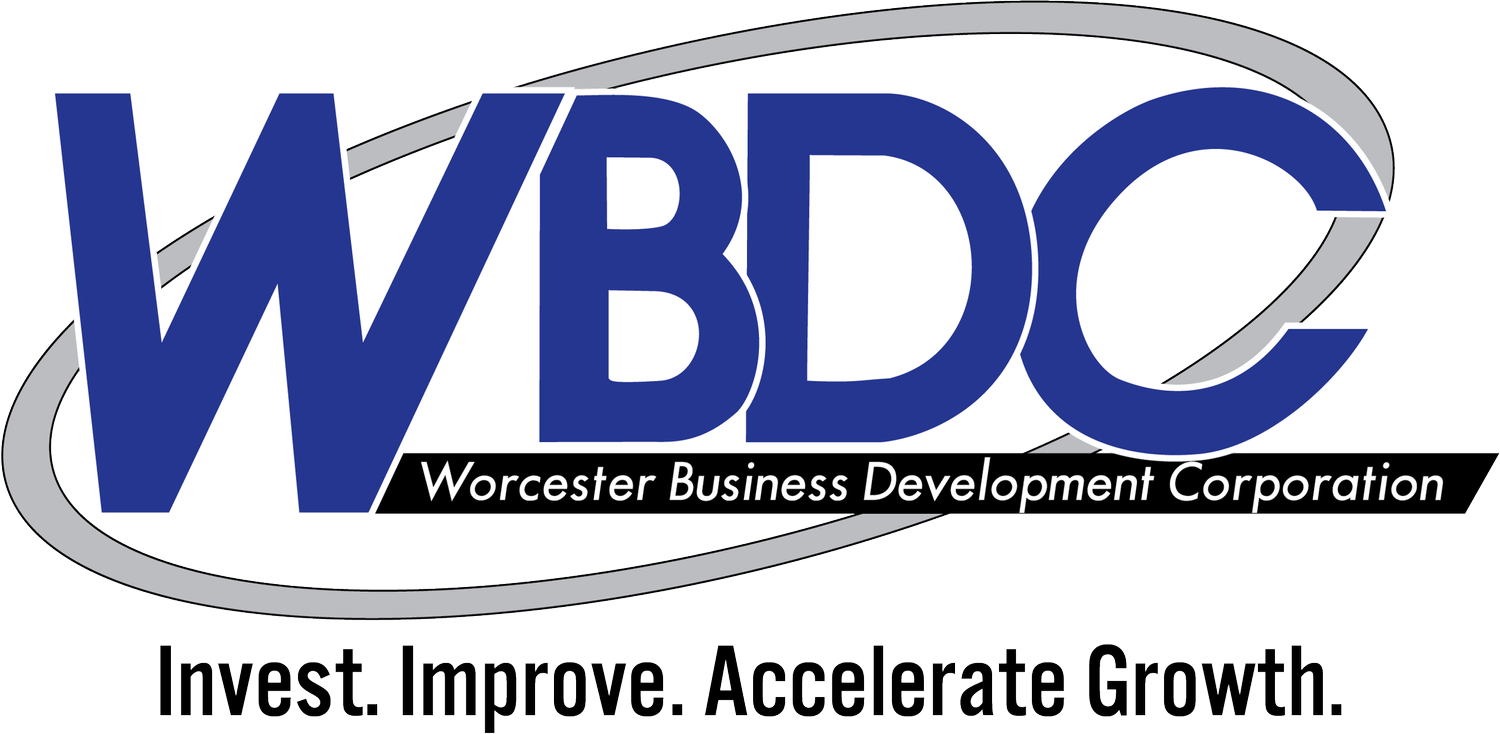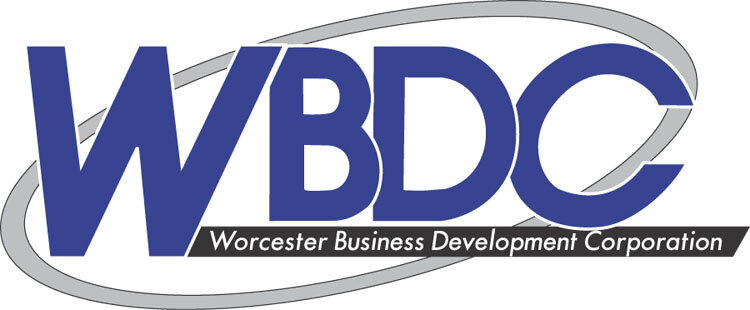Brownfields Tax Credits Work
Craig L. Blais, Special to the Worcester Telegram & Gazette
The Worcester Business Development Corporation (WBDC) strongly supports the extension of the Massachusetts brownfields tax credit (BTC). Brownfields tax credits leverage private investment, jobs, and taxes in our economically distressed Gateway Cities. They encourage smart growth, protect the environment, and reduce the commonwealth’s long-term demands on infrastructure. Brownfields tax credits support the work of CDC’s and other organizations like the WBDC.
The WBDC was established as a private, non-profit business organization by a special act of the Massachusetts Legislature in 1965. The WBDC has served as an innovative and leading force in the economic development of Worcester County since that time. The WBDC’s efforts have resulted in the creation of over 7,000 jobs and nearly $5 million in annual property tax revenue.
Since the late 1990’s, brownfields redevelopment has been a key focus of the WBDC’s mission and success.
The Gateway Cities industrial history dramatically increases redevelopment costs, while reducing the market rental rates that offset those costs. The commonwealth’s proud history of leading the American Industrial Revolution is now causing it to be less cost competitive with its regional and national competition. The brownfields tax credit has been a key factor in closing the financial gap that occurs predominantly in Gateway Cities when properties are redeveloped.
As one critical component to a redevelopment deal, the brownfields tax credits are highly leveraged with private investment and create jobs. An analysis by Redevelopment Economics, a national leader in brownfield policy, concluded that every $1 of Massachusetts brownfields tax credits leads to $46.70 in other leveraged funds.
Brownfields tax credits resulted in $1.99 billion in direct capital investments and $88.3 million in annual state tax revenues. BTC’s created 14,000 temporary jobs and 7,110 permanent jobs. Over 10 years, the commonwealth recoups $7.74 in direct revenues for each $1 it expends in brownfields tax credits. Brownfield tax credits are a critical investment in the future financial health of the commonwealth’s Gateway Cities.
By re-concentrating development to our existing Gateway Cities we reduce the long-term infrastructure demands. An under-utilized structure within our cities wastes the existing investment in streets, sidewalks, and other services that surround it. Locating a structure in a suburban area requires the construction and maintenance of new infrastructure. By encouraging urban redevelopment, the commonwealth can better leverage its investment in its existing infrastructure and reduce its costs for long term infrastructure construction and maintenance. The BTC is a critical component to incentivizing urban redevelopment.
Brownfield tax credits have been critical to the success of the WBDC’s projects. The WBDC utilized BTC’s at Gateway Park, a mixed use, development concentrating on the life sciences at the northern end of Worcester’s Central Business District.
This redevelopment converted 11 acres of blighted mill buildings into over a half a million square feet of new development. To date, over $115,000,000 has been invested at Gateway Park. Brownfields tax credits represented a critical $300,000 at the start of that development.
More recently, the WBDC utilized brownfields tax credits to redevelop the former Worcester Vocational High School adjacent to Gateway Park. The $1.2 million cleanup required the demolition of non-historic structures in order to remove 1,100 tons of petroleum contaminated soil from beneath the building. A $30 million renovation is currently underway that will result in 84 units of mixed-income housing by a private developer. This vacant, contaminated, former publicly owned building will now pay full property taxes and increase activity in the neighborhood.
In both projects, the WBDC utilized brownfield tax credits when the market was unprepared to invest in an area. The approximately $700,000 brownfield tax credit investment has now lead to over $145 million in private investment with an additional 320,000 square feet of development planned. At full build, Gateway Park will create approximately 2000 jobs and pay approximately $1.4 million in annual property taxes.
The brownfields tax credits are a critical investment in the commonwealth’s economic future. These tax credits level the playing field between the Gateway Cities and other underdeveloped areas. brownfields tax credits result in private investment and job creation and provide a $7.74 cent return to the commonwealth for each dollar invested. The WBDC strongly supports the extension of the brownfields tax credit program.
Craig L. Blais is president and CEO of Worcester Business Development Corp.

